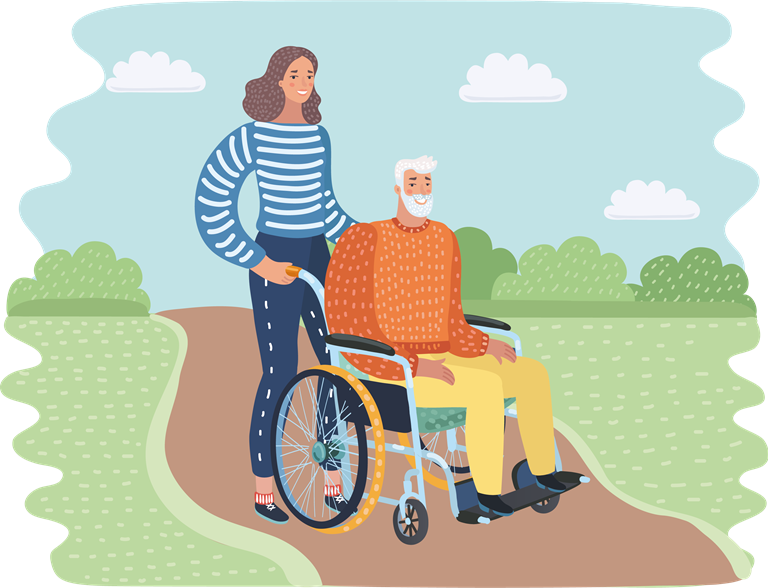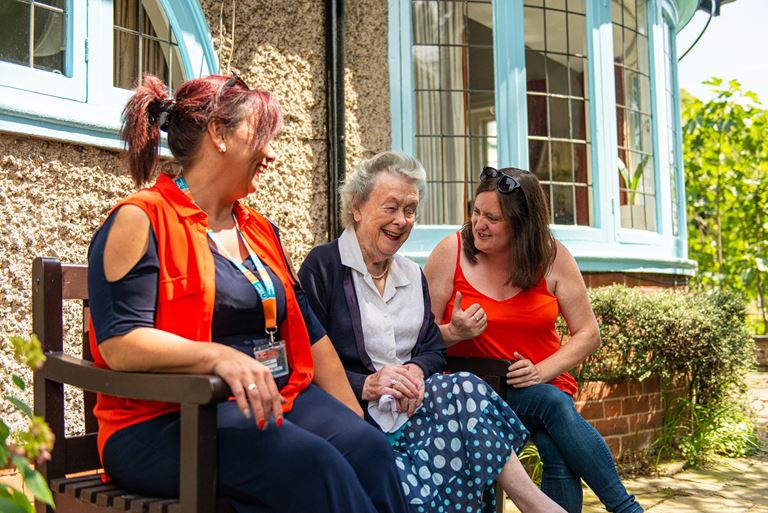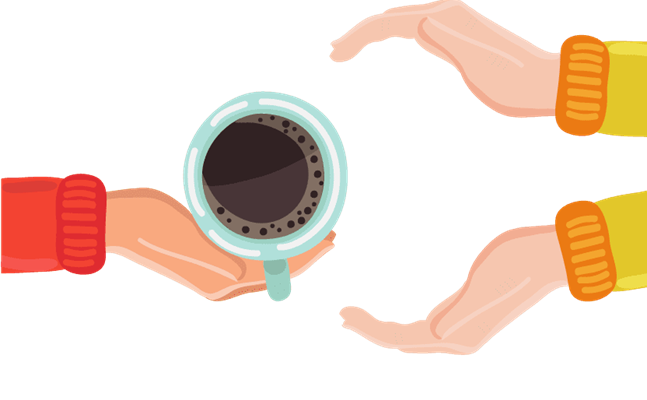
Osteoarthritis Care in Bournemouth & Poole.
Our consistent team of CareGivers know exactly what level of physical support each of our Clients needs.
- Bournemouth & Poole
- Our Services
- Specialist Care
- Living with Osteoarthritis
How can our Bournemouth-based osteoarthritis care services help?
Osteoarthritis can lead to frustration and weariness, when a person can no longer perform simple, daily tasks with ease. At Right at Home Bournemouth , we ensure that our CareGivers are available to make sure that our Clients are comfortable and their dignity is respected at all times.
Many people with osteoarthritis can lead full, active lives by properly managing the condition. Maintaining good personal care routines can also prevent secondary health problems, pain and discomfort. Our Bournemouth & Poole based CareGivers are highly trained in delivering osteoarthritis care or other types of arthritis-related care to those who need physical assistance.
Our friendly team at Right at Home Bournemouth & Poole can help to alleviate some of the pressures of osteoarthritis care and management. Our CareGivers can support with:
- Meal preparation
- Light housekeeping
- Shopping
- Laundry
- Assistance with recreational activities
- Showering, bathing or bed bathing
- Dressing and undressing
- Hair care, shaving and grooming
- Footcare
- Toileting assistance
Get in touch with Right at Home Bournemouth & Poole to discuss the type of care that you’re looking for.
What is osteoarthritis?
Osteoarthritis is one of the most common forms of arthritis. Also known as ‘wear and tear’ arthritis, it is mainly felt in the hands, knees and hips. When someone experiences osteoarthritis, the cartilage within their joints begins to break down causing the bones to change.
People with osteoarthritis or another type of arthritis may experience a decreased range of mobility, alongside stiffness, swelling, pain and aching. For some people, the symptoms may be mild and not constant, whilst others can experience pain every day. Our homecare for people living with arthritis helps many people to reclaim their independence. We'll help to define a care plan that suits your symptoms.
Our Carers in Bournemouth & Poole can help manage symptoms and pain, and help with daily tasks. Speak to your local office team to discuss specialist arthritis-focused care and the ways we can help.

Sally | Daughter of Client"We have all been very happy with all the care staff that have been attending to our mother’s needs. They have been respectful of her dignity and wishes and have fed back very promptly with any concerns that they may have had about her well being. We as a family felt she was in very safe hands with staff that really cared about her."
Can you live a normal life with osteoarthritis?
Osteoarthritis is a common condition that affects more than 10 million people in the UK. With the right care and support, you can keep your symptoms under control, ease pain and have a good quality of life. Although there is no cure for arthritis, it does not necessarily deteriorate over time.
Our experts understand that a “normal life” looks different for everyone. That’s why our team of experienced osteoarthritis CareGivers in Bournemouth will define a care plan that suits you and your needs.
Osteoarthritis care and management at home in Bournemouth & Poole
There are several ways to manage and alleviate some of the symptoms of osteoarthritis and other types of arthritis. Alongside practical care and support from a Bournemouth & Poole-based CareGiver, we recommend:
1) Healthy eating
Healthy eating and maintaining an active lifestyle will help to keep your muscles strong and support your joints. Gaining or losing weight can have a dramatic impact on the pressure put on your joints, so it's important to maintain a steady, balanced diet when living with osteoarthritis.
Exercising regularly can also help to increase the range of motion in your joints. Our CareGivers in Bournemouth can help you to access recreational activities in the local area and to enjoy physical activity, ensuring that you stay as fit and healthy as you can.
Find out more in our Healthy Eating guide.
2) Taking medicine
It’s important that you take prescribed medicine in order to manage joint pain and other symptoms of osteoarthritis. Remember to check in with your health care professional if you need extra pain relief. Over the counter pain relief can sometimes interfere with prescribed arthritis medication. That’s why our local CareGivers in Bournemouth are trained to support Clients with regular medication maintenance.
Did you know: pain relief purchased over the counter can sometimes interfere with prescribed arthritis medication. So, if you need extra help with managing pain, speak to your doctor or a health care professional. Whether you need help keeping track of your pills, or need someone to collect a prescription from the pharmacy, our friendly team of osteoarthritis specialists can help.
3) Defining a clear osteoarthritis care plan
All of our Clients have a unique, personal and Client-focused care plan. Discussing the level of care you need with your CareGiver and the office team can be reassuring and is a vital part of maintaining your independence.
Our CareGivers are there to help you with your needs, no matter how simple or difficult the task may seem. Our Bournemouth -based CareGivers are competent in the use of mobility aids and equipment. They are also highly trained to help those who need physical assistance due to their particular type of arthritis. Above all, our Carers are there to help you with the things you need to get done. From household tasks and errands, to personal care and a friendly chat, we’ll define a specialist care plan that suits your lifestyle.
Download Brochure
Thank you for your interest in Right at Home.
Please download our brochure to find out more.
;)
Osteoarthritis information and resources
- In the UK, more than 10 million people have arthritis or other, similar conditions that affect the joints
- More than half of the population over the age of 65 will develop osteoarthritis in at least one joint.
- Women are more likely to develop osteoarthritis, especially if they are over the age of 50.
- For more information on the symptoms of osteoarthritis, take a look at the NHS’ resources.
- For a great resource on living with osteoarthritis, visit Arthritis Research UK.
Our Trusted Services
Families just like yours, trust and rely on Right at Home to provide high-quality homecare services for their loved ones. We offer a wide range of services to support Clients to remain living safely and independently in the comfort of their own home.
How to Prepare for Homecare
;)











